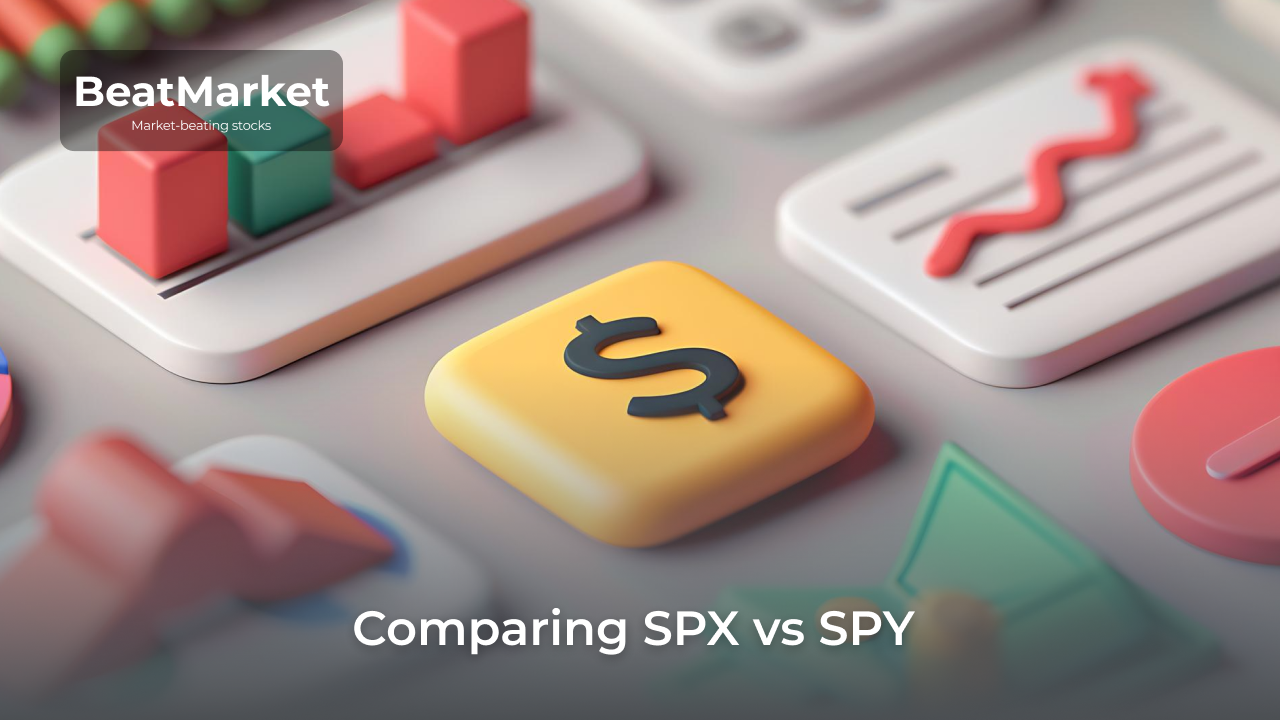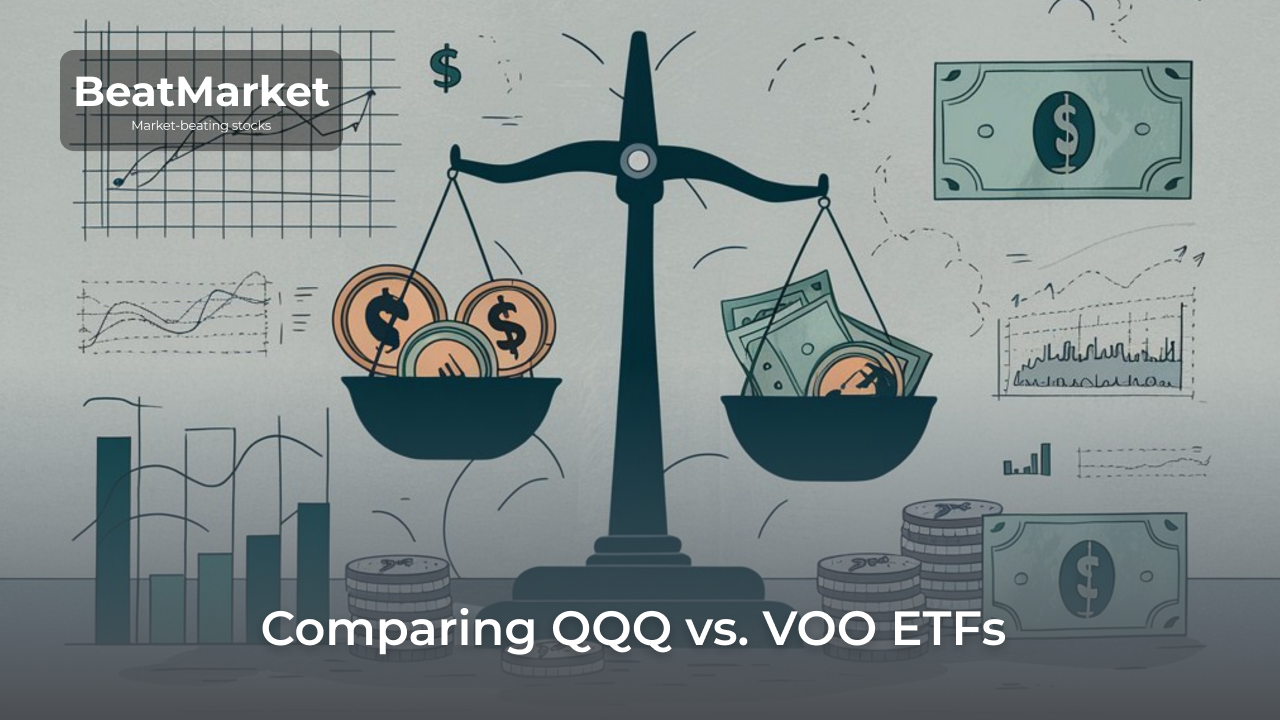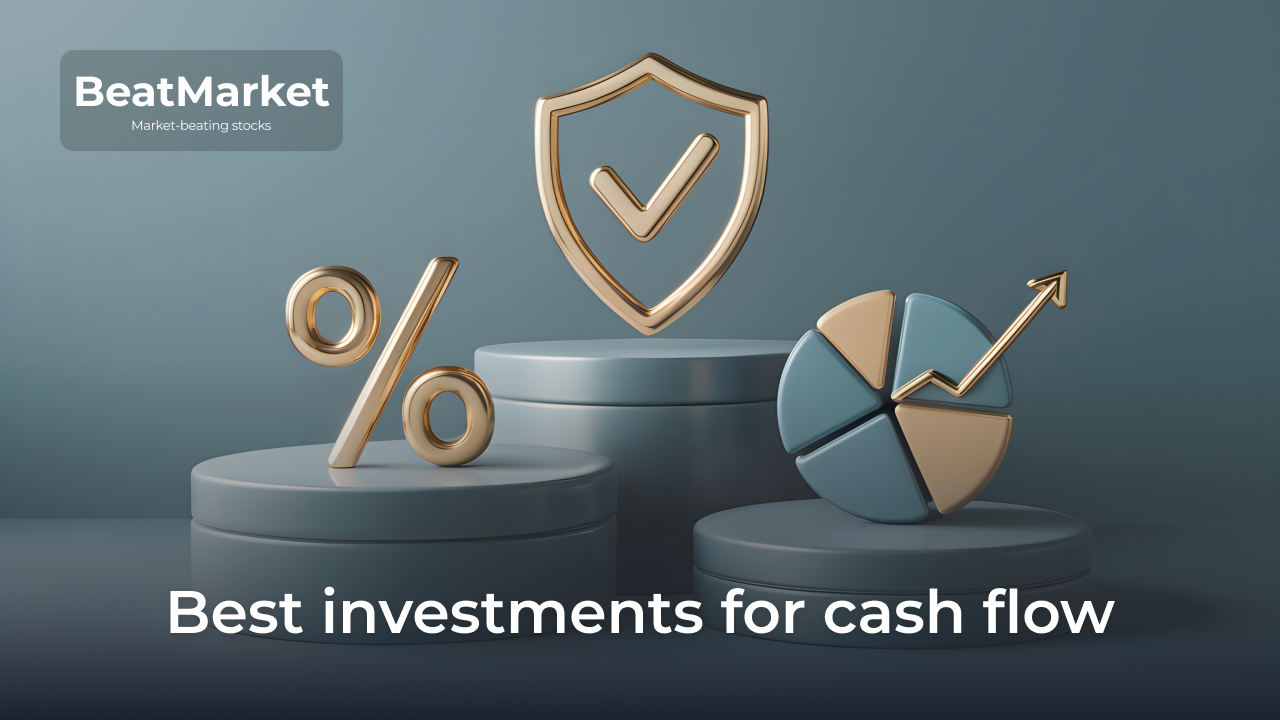Understanding the key questions to ask a financial advisor during your first meeting will help you avoid making mistakes when choosing your expert. Managing personal finances is one of the most challenging tasks for most people. That’s why many prefer not to solve it on their own, but to turn to financial advisors.
In the United States, there are no strict restrictions on who is entitled to call themselves by this term. Different financial advisors can provide a completely different range of services. An even more confusing point is the remuneration scheme. The following 20 questions will help clarify whether the financial advisor’s skills, investment style, and payment expectations are appropriate for the client.
Table of Contents
1. Who is your custodian?
It is recommended to work with a financial advisor with an independent company to hold clients’ assets.
Otherwise, there is a risk of an investor receiving unreliable information about her/his bank account status. It is impossible when using the services of an independent custodian.
FDIC and SIPC insurance is another advantage of a financial advisor working with a third-party custodian.
2. What’s your investment philosophy?
To make a person trust a financial advisor, he/she should choose an expert with similar values and investment philosophy. It would be helpful to discuss whether the expert and the client have the same views on the following statements before starting the relationship:
- long-term investments, there is no point in trying to catch small stock market movements;
- diversification is the main principle of money management;
- financial discipline is the key to success.
There is no point in starting a partnership without trust. The best financial advisor is not someone who can provide aggressive asset growth for a short period of time, but the one who can choose a portfolio that matches the client’s risk tolerance and persuades the investor not to sell securities during the bear market phase.
3. What are my all-in costs?
There are extra costs associated with investing. This includes, for example:
- transaction fee for security transactions;
- fee for custody of an investor’s assets;
- portfolio management fee held by mutual funds whose securities are included in a portfolio, etc.
When consulting with a potential advisor for the first time, it is necessary to clarify not only fees for the services, but also the amount of additional and ongoing fees that an investor will face when working with an advisor.
Although it appears at first glance that all of the above takes away a fraction of a percent, over the decades’ horizon a 0.5% increase in expenses per year results in a capital difference of tens of percent.
Therefore, it is advisable to optimize an investor’s financial plan to minimize costs. For example, out of two collective investment instruments with the same index, it is worth choosing the one with lower fund fees for management.
4. What tax hit do I face if I invest with you?
When formulating a financial plan, one should not forget about taxation issues. The right financial advisor must have a strategy for minimizing expenses and taxes. If he is not prepared to explain its principles, there is a risk that investment management will be “intuitive” rather than based on academic theory.
Neglecting tax optimization results in an investor’s tax bill substantially reducing his profits.
5. Are you a fiduciary?
The SEC prescribes that a registered financial advisor must comply with fiduciary duties when selecting financial products for its clients.
This means that an investment adviser must put the investor’s interests (e.g., in minimizing commission costs) above its own interests (e.g., in receiving a fee for selling mutual fund shares).
Before making a final decision about whether to see a fiduciary financial advisor, you need to know where the boundaries of his or her fiduciary duties lie.
Many financial advisors don’t act as a fiduciary 100% of the time. They also have the right to offer assets with additional commissions if they benefit from selling them. The SEC rules do not prohibit conflicts of interest. But potential clients must be made aware of them.
Moreover, as opposed to advisors who receive a fee only from a client, there are fee based advisors. These are salespersons in investment and brokerage companies.
They are not fiduciaries and do not have to put clients’ interests first, but they can also call themselves financial advisors.
6. What investment benchmarks do you use?
The results that an investment strategy produces need to be compared to some kind of benchmark. It is important to ask a financial advisor what benchmarks he or she uses before starting to collaborate.
For example, it could be the SP500 index, etc. However, one has to make sure that the risk/return ratio is maintained. If the financial products used by the investment advisor include not only large-cap US stocks, but also more risky assets, the returns should be higher. At this point, slightly outpacing the growth rate of the SP500 is clearly not an achievement.
7. What are your qualifications?
There are several qualification levels for financial advisors. Each of them implies different educational requirements. In addition, financial planning strategies are constantly changing. Thus, in order to prove their professional certifications, an advisor must be constantly learning.
The main types of financial professionals who are authorized to give investment advice:
- Certified Financial Planner Board (CFP). A person must complete a specific educational program, followed by a comprehensive exam. There are also past performance experience requirements. Every 2 years, 30 hours of continuing education courses must be taken.
- Certified Financial Analyst (CFA). The status implies higher educational requirements than that of a Certified Financial Planner.
- Personal Financial Advisor, NAPFA member. Among the requirements for this level of qualification is to spend a minimum of 60 hours of additional education every 2 years.
- Certified Public Accountant (CPA). To maintain this professional status, one must complete a minimum of 120 hours of professional training every 3 years.
8. What asset allocation will you use?
One of the main questions to ask a financial advisor about is what assets that advisor uses to diversify a client’s investment portfolio.
If an advisor invests only in large-cap U.S. stocks, then the services can be replaced by the purchase of an ETF on the SP500. It only makes sense to pay for consulting to someone who works with a wide range of assets, including foreign securities.
The goal of diversification is to minimize portfolio drawdown during crises. For example, commodities rose in value when inflation was high and bonds were more profitable than stocks during a bear market. Yet, certainly, past performance is no guarantee of future performance.
It should also be made clear whether the person is a financial planner in general or deals only in securities.
In the first case, financial advisors provide comprehensive services and take full responsibility for the client’s financial life. In addition to securities, they can deal with:
- investing in real estate;
- retirement planning;
- tax optimization;
- charity donation accounting;
- insurance matters, etc.
In the second option, your advisor focuses only on the client’s securities and does not take into account the investor’s global financial goals or other available resources.
9. How do you get paid?
A financial planner can offer different ways to pay for the services:
- Flat fee. Generally does not depend on the financial situation of the client and equals a few thousand dollars.
- Hourly fee. If one uses this method of calculating the advisor’s fee, the final amount depends on how much time the financial advisor dedicates to the client, and therefore indirectly on the size of the client’s capital. The average hourly rate is $200-500.
- Annual fee. Financial planners retain a percentage of the net worth of their regular clients. The standard rate is about 1% per year. It may increase if there are additional services or if the portfolio is too small.
It is preferable to choose financial advisors who receive fees only from clients. It is the best interest for them to minimize the investor’s commission costs.
But it is necessary to ask your financial advisor about the fee structure in advance, so that you do not get an unexpected bill for the services at the end of the month or year.
A financial planner may work for a fee to sell annuities, mutual funds, or be a chartered life underwriter. In that case, he or she would have an interest in imposing these products. This is why an advisor who receives fees only from clients is considered to be more honest.
If the cost of a fee-only advisor seems excessive, you can reduce the cost of investing by choosing a robo-advisor.
10. How will our relationship work?
It is essential to ask a financial advisor before you start working relationships:
- what is discussed during meetings;
- what the financial planning looks like;
- how changes in the client’s financial goals are taken into account;
- who will perform the duties of the chosen advisor in the event of lengthy illness, etc.
It’s also good to know what type of clients your financial planner predominantly works with. Some financial advisors specialize in family wealth management for wealthy clients, others have extensive experience in finding appropriate financial decisions for small businesses, etc.
11. How will you track my investment performance?
It is important to ask your financial advisor about the investment strategy he or she uses. The financial decisions you make must be consistent with your long-term goals.
So, for example, retirement funds reduce the level of risky assets in favor of bonds as they approach their payback period. A financial planner should do the same. Trying to chase maximum returns at the current moment in time can lead to a negative result by the time of return on investment.
Therefore, it is crucial to ask a financial advisor how he or she rebalances investor portfolios when approaching a financial goal.
12. How will you communicate with me, and how often?
A working relationship with a financial advisor involves regular meetings. They include adjustments to the investor’s portfolio. The recommended minimum frequency is once a year.
It is also vital to ask a financial advisor whether he/she is prepared to hold unscheduled meetings in case of client’s questions, sudden changes in the stock market situation, and how such service will be paid for.
13. How will you take into account my assets you aren’t directly managing?
An investor’s personal finances may include additional assets beyond those managed by a certified financial planner. For instance, a client may have an employer-sponsored retirement plan.
It is necessary to ask a financial advisor if he or she takes such assets into consideration when making financial plans for his or her clients.
14. Do you work with CPAs or Attorneys?
An investor with a complex capital structure (the owner of a business or a large amount of real estate) may require comprehensive services. It may be that the person who develops the financial plan can make recommendations in these areas as well, or be willing to collaborate with other professionals involved in wealth management previously.
15. What resources will I have when working with you?
Some of the questions to ask a financial advisor about before signing a cooperation agreement also include the technical aspects:
- whether there is a remote communication option (via email, phone, etc.)
- whether there are tools to track the status of your portfolio online;
- whether the advisor provides financial news and training materials to the clients.
16. What Extra Costs Should I Be Aware Of?
It is important to ask your financial advisor about the cost of additional services. The fee structure can be tricky.
For example, some financial advisors state only the recommendations for securities as the main financial planning services they provide to clients in a personalized financial advice. The purchase of these assets itself is considered an additional service and is paid for separately, as are subsequent portfolio rebalances.
Financial advisor must provide an answer to the question of costs in the form of two documents – an ADV form and a CRS form.
17. Will You Sign an Agreement/Oath?
In the experience of many investors, a successful relationship and long-term cooperation is only possible with a financial advisor who is ready to provide all information about the all in costs in a written form.
The same applies to fiduciary duties. They should not only be declared in words, but also documented.
18. Who Will Have Access to My Information?
Every year the issue of information security becomes more and more acute. The list of financial advisor questions should include an item on how he or she maintains the privacy of his or her clients.
19. What Resources Will I Have Access to Through You?
Do your own research to see if the financial advisor chosen for cooperation provides full information about the advisor’s interest in selling certain products in the financial services industry.
It is important to gather information about whether the advisor himself or the firm employing him has been held liable for violating the obligation to act in the best interests of clients or misleading them.
To make sure that the advisor answers this question honestly in the interview, you need to examine the ADV form of the selected company yourself. This can be done online using the SEC’s investment advisor search tool.
It is also useful to find out what recommendations are given to the advisor by current clients and what their total number is.
20. What is my total cost to work with you?
Many experts, who are remunerated as a percentage of the total value of assets under their management, set a minimum amount of capital they are prepared to work with.
Failure to deposit the stated amount could result in higher hourly fees, an increase in the interest charged for asset management, or other additional costs. Therefore, it is essential to ask a financial advisor if there are capital requirements.
Tips for Choosing a Financial Advisor
A person who is thinking about finding an personal finance assistant in the matter of managing personal finances, it will be useful to act according to the following scheme:
- Identify your financial health problems. At the first meeting, the investor’s task is to clearly outline his or her needs and expectations.
- Choose which type of specialist you want to contact (one who deals only with securities, one who provides a full range of services, including real estate management, etc.).
- Determine your financial solvency. On this basis, decide whether to contact an expert or use a robo-advisor.
- Decide your willingness to go to a professional who works for a fee only, or one who earns commissions as well.
- Find several financial advisors of the right type and ask them key questions.
A variety of online services can help you make an initial screening of advisors on basic conditions. But they are no substitute for your own research based on the questions above.
In the U.S., there are no legal restrictions on who can call themselves a financial advisor. If a person claims to specialize in this field, it does not mean that he or she complies with fiduciary duties and has the appropriate professional status. Due to the lack of regulation, an investor should exercise maximum vigilance when choosing an advisor.
In addition to questions about experience, method of payment, and assets used, when comparing financial advisors, you should also consider how comfortable the client feels communicating with the specialist. After the interview there should be no unclear points. The expert should be able to speak in clear language and convey his message to a non-professional.
Why Should You Use a Financial Advisor?
The main advantage of using the services of a financial advisor or automated adviser is that, by resorting to them, one stops simply reacting to changes in the situation and takes responsibility for one’s personal finance. With this approach and advance planning, the choice of options becomes wider.
There is an opinion that you can make financial plans on your own, especially with a little capital. This is true, but a financial advisor devotes all his time to studying various investment assets and tracking changes in the stock market. It is unlikely that a person who has chosen another profession can achieve the same level of knowledge and understanding.
People who find it difficult to make financial decisions and follow a plan will especially benefit from consulting a financial planner.
Conclusion
Finding a financial advisor is one of the main challenges an investor faces. Awareness of one’s goals, understanding of the key requirements the expert must meet, and a list of questions prepared in advance is the key to making the right choice.
A good financial advisor will be ready to answer any questions. Therefore, you should not hesitate to touch on uncomfortable topics, especially those related to the expert’s remuneration and the suitability of his or her experience to the client’s requirements.







